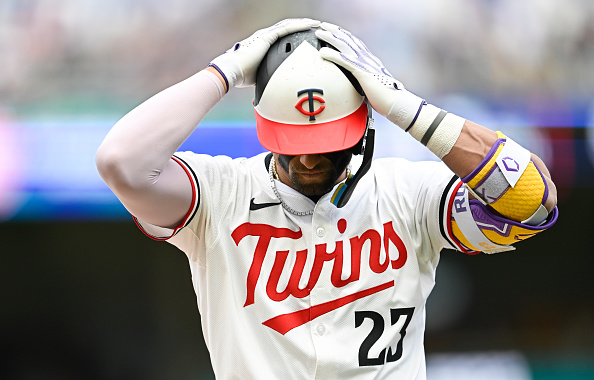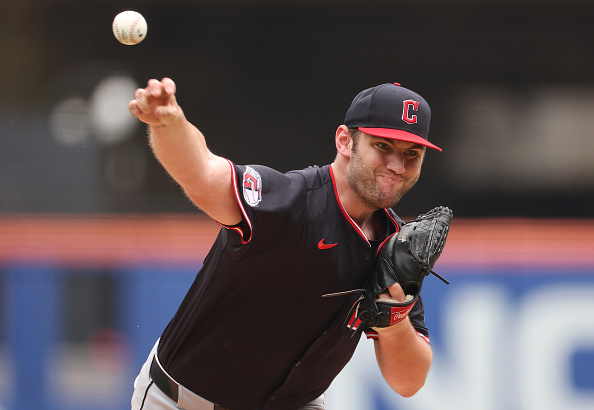The Boston Red Sox recently signed former New York Met Jenrry Mejia to a one-year contract minor league contract for a cheap $625,000. With a price tag like that, there’s ought to be a catch; the last time Mejia was in the majors, he was suspended three times for performance-enhancing drugs over the course of just 10 months.
As a result, he was given the first ever lifetime drug ban from Major League Baseball, with the caveat that he could appeal after two years. The lifetime ban policy was created in 2005 after Congress pushed the MLB to crack down on the league’s drug problems.
Fast forward to 2019. Turns out “lifetime ban” really just means a few years hiatus. Last July, MLB commissioner Rob Manfred lifted the ban, allowing Mejia to reenter the league. Looking for a closer that could keep them under the luxury tax, the Red Sox decided to be the team to give Mejia a chance.
I’m going to guess that Pete Rose, the only player actively serving the league’s harshest punishment, is somewhere very pissed off. The Red Sox fan in me thinks this signing was a smart move by Dave Dombrowski. But the baseball fan in me is frustrated by how the league seems to be inconsistent with its position on performance-enhancing drugs.
Cheating is NOT ok… oh wait maybe it is. pic.twitter.com/fF26FR0AO5
— Josh Reddick (@RealJoshReddick) January 30, 2019
What’s the point??? Smh
— Justin Verlander (@JustinVerlander) January 29, 2019
It seems really wack to me that a “lifetime ban” can be removed under these circumstances. Sure, he expressed regret and committed to random drug tests, six additional annual urine tests, and three additional blood tests. But what’s the point of having a ‘three strikes you’re out’ policy if it can be appealed that easily? The message this sends to players is that the league’s rules are flexible in the sense that policy can be overturned with a little bit of time and remorse.
Not only that, but some of the greatest players of all time are being kept out of the Hall of Fame due to their use performance-enhancing drugs; they will never be forgiven in the eyes of the baseball community. Mejia is by no means a Hall of Famer, but what makes him more deserving of forgiveness than Barry Bonds, Mark McGwire, Sammy Sosa, or former Red Sox Manny Ramirez?
The league doesn’t determine who enters the Hall, but it’s an interesting concept that Mejia’s lifetime ban was lifted while each of these men (and more) continue to be punished years after their use of PEDs.
My point isn’t that players should not be punished for using PEDs. My point is that the league and the baseball community are inconsistent when it comes to how players who are convicted of using performance-enhancing drugs are treated.
As Dombrowski continues to craft his collection of late-inning arms, all this means for the Red Sox is they got away with a low-risk, high-reward option for the bullpen. Baggage aside, Mejia has the potential to be a force during the 2019 season.







